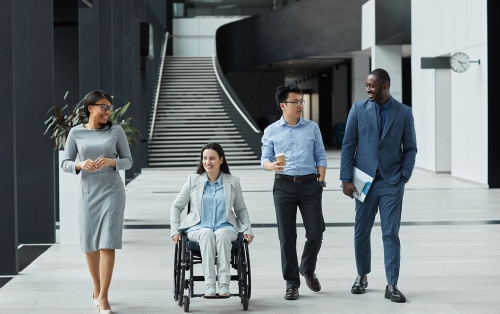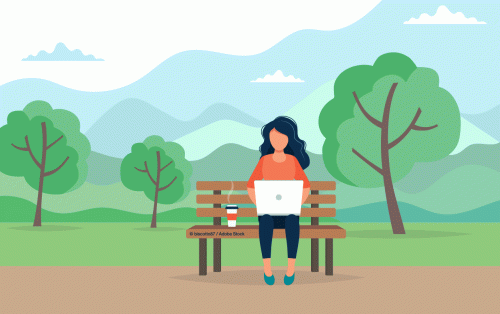Have you ever bought a bottle of water, juice or some other beverage? What did you do with the container? Many of us would say we dropped it in one of the nearby recycling bins, some would even say the garbage, a few of us will admit to throwing it on the ground. It doesn’t hurt anything, right?
The Problem With Plastic Bottles
The plastic bottles that make it to recycling bins are processed into new products, and that’s a different story altogether, but it’s the ones lying on the ground that are of concern. These make their way to our waterways where they are carried off by the current. They collect on beaches where children play and where animals live or come for a drink.
Lids float, and as birds, such as albatross, fly above, it sees them as food. The birds pick them up and take them home to their young to eat, which they do. As you see in the movie, thousands and thousands of these baby birds are dying with bellies full of bottle caps. What about the retainer rings? Those aren’t any better. Animals get them caught him their tails, necks, and bodies. These animals will die, become seriously ill, or lose limbs.
Bet You’ve Eaten Plastic!
What about those bottles that not only don’t make it to recycling bins, but also don’t even make it to the shore? Instead, they break into tiny pieces along the way. The small little pieces float in the water, creating a toxic soup. Fish ingest these little pieces where the chemical leaches into their body. We catch and we eat the fish digesting the chemicals along with it.
Why are these chemicals a concern? One chemical found in plastic is known as BPA, which studies have linked to prostate and breast cancer, uterine fibroids, and infertility. Children are not immune to these chemicals either; many cause learning and developmental problems.
Antimony is another plastic chemical that is known for causing nausea and dizziness, depression and even death if you get enough of it. Health and environmental experts believe that these toxins are a big contributor to a lot of the common illnesses and conditions. Recent studies have even suggested some of these chemicals attack Y chromosomes in the earliest stages of animal and human fetuses, causing a severe decline in the number of male children and animals being born. If this trend continues, we could essentially be looking at the end of humankind.
Putting An End To Plastic Problems
Stop buying plastic bottles. Stop throwing garbage on the ground. Stop ignoring bags and other pieces of plastic lying on the ground. Pick them up and get them into recycling bins so they can be reprocessed. Every piece that we save from reaching our waterways may save an animal or even us. Recycling bins are around, so be sure to use them.
No doubt about it, this is a serious problem. Our biggest problem is fixing it. The only way we can repair this is to stop promoting the use of plastics. If you do buy plastic, make sure you get something you can reuse. When it’s time to be thrown away, make certain it goes into recycling bins. Now that you know that the cost of a bottled beverage is far more than a couple of bucks, maybe that next one won’t be as tempting.







































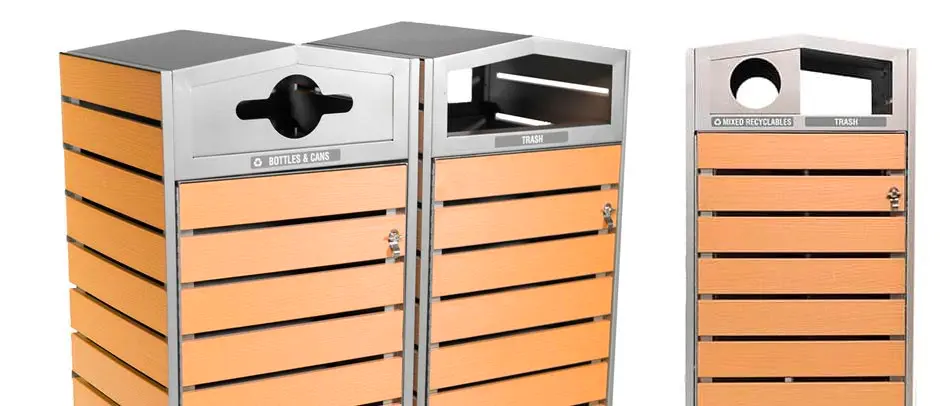













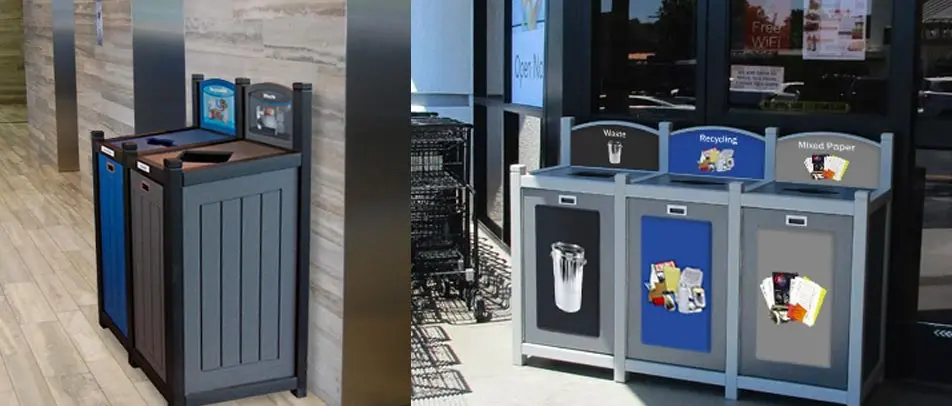
















































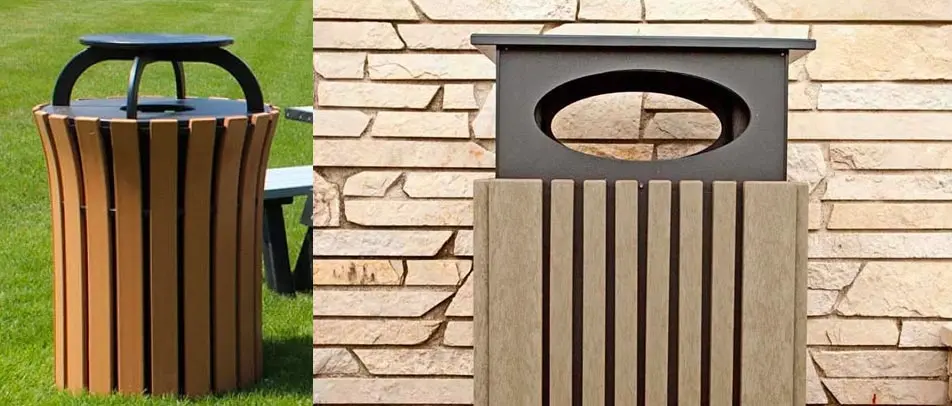
























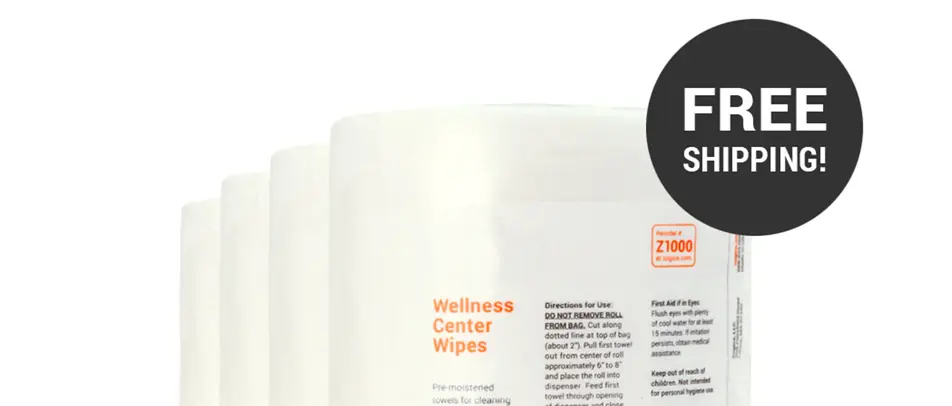




 Three Ways to Engage Teams and Clients to Maximize Your Recycling Program Engagement
Three Ways to Engage Teams and Clients to Maximize Your Recycling Program Engagement  How to Integrate Accessibility Into Your Sustainability Planning
How to Integrate Accessibility Into Your Sustainability Planning  Why Park Benches Can Promote Workplace Well-Being
Why Park Benches Can Promote Workplace Well-Being 